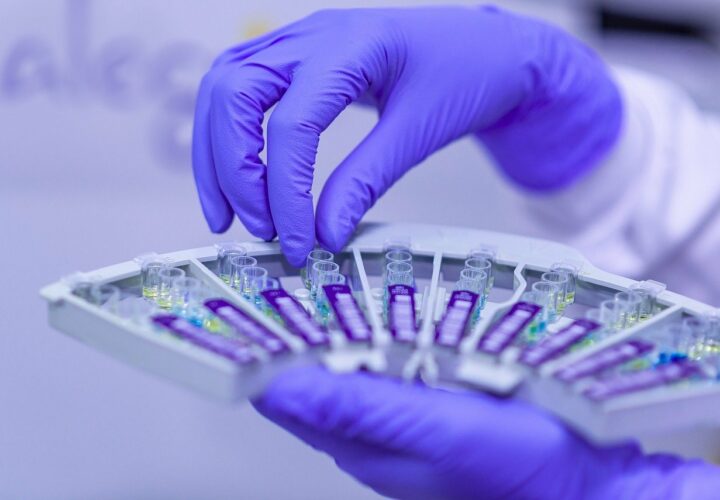Cassava Sciences continues to push back on allegations of scientific misconduct around newly released trial data for their investigational Alzheimer’s drug simufilam.
Early data presented by Cassava Sciences demonstrates the safety of their Alzheimer’s drug simufilam, which is currently in Phase 3 clinical trials. But in late August, the drugmaker was accused of scientific misconduct and fraud. The complaints, which called the validity of the simufilam data into question, were filed in a Food and Drug Administration (FDA) citizen petition by shareholders’ rights law firm Labaton Sucharow. Cassava Sciences responded to initial complaints, but some experts in scientific misconduct say there is still more to the story.
On September 3rd, Cassava Sciences released another response to unaddressed allegations presented in the FDA citizen petition. In a transcript of a recorded session posted on the company’s website, Cassava Sciences’ President and CEO Remi Barbier said he believes the allegations are flat-out false, implying that the group behind the complaints was motivated by a desire to short Cassava’s stock.
Several figures from scientific papers generated by the lab of Cassava Sciences’ collaborator and City University of New York professor Houa-Yan Wang appeared to show characteristic signs of manipulation in the form of data irregularities known as Western Blots. Barbier said he doesn’t have expertise on the matter, but also insinuated that the critiques were misleading and that the incongruencies may have been Photoshopped by people trying to bolster false attacks against Cassava Sciences.
“We all know that once a photograph is on the internet, the pixels that make up that photograph can easily be Photoshopped, cropped or otherwise distorted to mean anything you want it to mean,” Barbier said.
“Figure 12 contains an image showing 12 control bands. It should show 13,” Barbier said of another data anomaly. “This is a visual error that was not caught in proofing.”
However, experts have noted that many of these Western Blot images are pulled directly from their peer-reviewed publications.
As Cassava Sciences doesn’t have its own research facilities, their experiments are conducted within the lab of their collaborator, Wang. Accordingly, Barbier asked that CUNY investigate Wang’s lab as the experiments questioned in the FDA citizen petition were conducted in her lab, requesting the conclusion findings to be released to the public. At the same time, he noted that he is concerned “that credible scientists who have a lifelong record of scholarly achievements, such as Prof. Wang, can be instantly squelched by online allegations that go far beyond scientific debate. And of course, once they’re out there on the internet, allegations take on a life of their own.”
In response, scientific integrity expert Elisabeth Bik, who has been following the controversy, said that Barbier minimized the number and severity of problems in the data with his rebuttals: “He says that those were just ‘visual errors,’” Bik wrote on Twitter “I do agree the 12 vs 13 lanes problem is not a big concern, might be just an error. But he does not address the splicing, boxes around individual blot bands, or overlapping tissue photos,” she said of other anomalies.
She also mentioned that the response failed to address “multiple other problems and papers discussed on PubPeer and social media.”
Some of Barbier’s new defenses appear to contradict explanations given in the company’s initial rebuttal, according to Bik, who said the new statements raise more confusion and doubt.
Bik discussed several incongruencies on Twitter and her own blog, asking for a response from the authors – without insinuating fraud – resulting in several aggressive anonymous attacks online from anonymous users. Since, she has made her Twitter profile private.
Several other law firms — Kessler Topaz Meltzer & Check, Kirby McInerney, Bragar Eagel & Squire, and Robbins among others — have readied themselves for a class-action lawsuit against Cassava Sciences on behalf of their investors.
Most of the online focus has been on Cassava Sciences’ stock and what the law firm Lubaton Sucharow may gain financially if the price falls. According to David Vaux, deputy director of scientific integrity and ethics at the Walter and Eliza Hall Institute of Medical Research, the concerns brought up in the FDA citizen petition are legitimate and troubling.
Post-publication review and critiques of studies and trial data are a routine and important part of the research process. Next steps for Cassava Sciences are that the allegations raised in the citizen petition must be investigated to ensure a thorough and functional regulatory process.


